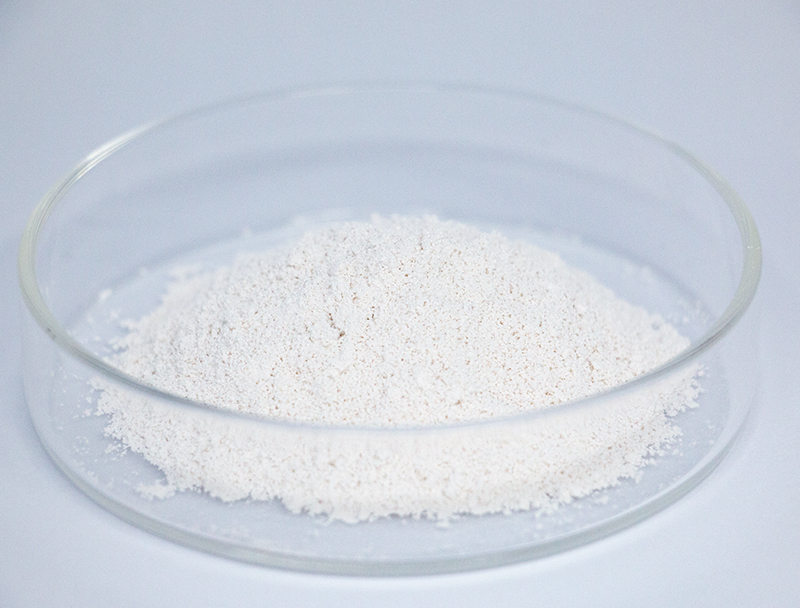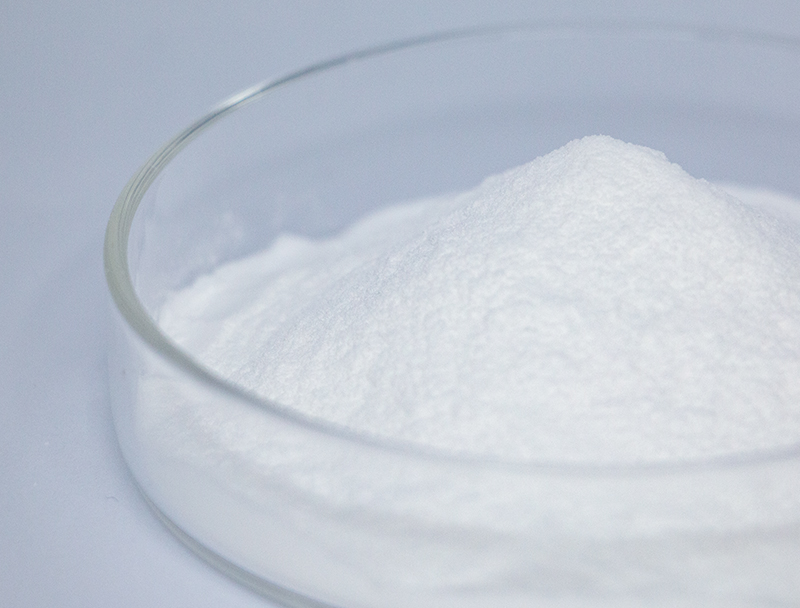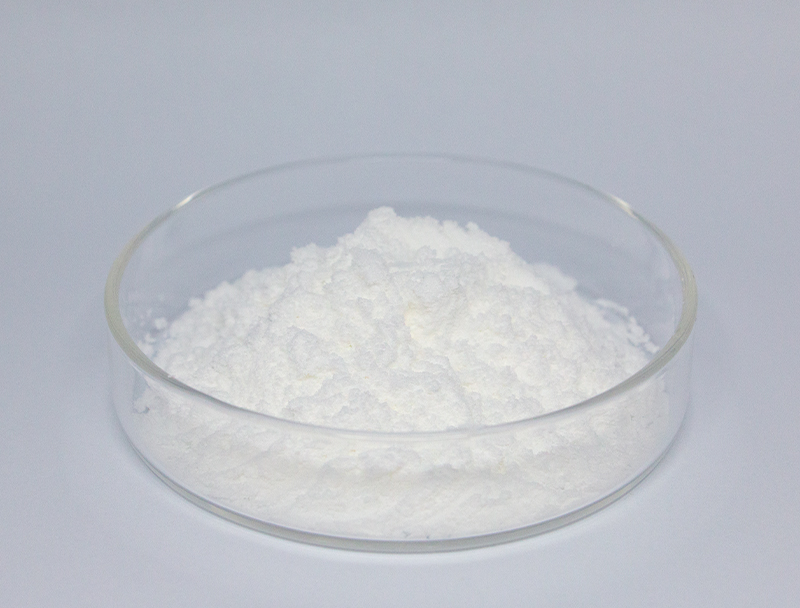tailored specialty supplies regulated trans cinnamic acid

Advanced biosystems are built around a substantial range of substrates to manufacture advanced biological products.
Securing long-term supply of raw inputs remains essential to industry resilience and responsible expansion.
various risks tied to conventional feedstock acquisition such as soil erosion and unchecked resource extraction. Therefore, biomanufacturing companies must actively seek out alternative sourcing strategies to minimize their ecological footprint.
- Situations demonstrating ethical sourcing encompass:
- Leveraging biomass from food-processing residues
- Operating reuse-focused platforms to lower discard and increase efficiency
- Teaming up with provincial partners who practice sustainable procurement
Shifting to ethical sourcing drives environmental value and long-term commercial viability.
Improving Biomass Inputs to Boost Biofuel Yields
Raising biofuel yields involves refining feedstock structure and content. Analysts tirelessly probe advances to elevate feedstock conversion, facilitating elevated yields and a renewable energy transition. Initiatives integrate bioengineering to scale biomass production and pretreatment workflows to free fermentable sugars.
- Concurrently, efforts examine seaweed, industrial byproducts, and crop residues to increase the variety of renewable feedstock alternatives for fuel production.
- Through these continuous efforts, the field of biofuel production is poised to make significant progress in the coming years, paving the way for a more renewable energy landscape.

Advances in Biopharmaceutical Manufacturing: Focus on Upstream Operations
covers the early phases of biopharma production including culturing and biological harvesting Recent advances in this domain have led to improved production processes, ultimately increasing product yield.
Salient improvements involve specialized expression hosts, fine-tuned media strategies, and next-gen bioreactor concepts. Such breakthroughs boost efficiency and simultaneously reduce manufacturing costs and carbon burdens.
- Likewise, the move to continuous systems facilitates better adaptability and streamlined upstream production.
- The progression to advanced biomanufacturing approaches should modernize the field and quicken therapeutic progress.

Innovations in Gene Editing for Improved Biopharmaceutical Yield
breakthroughs in precise gene modification systems have reshaped biopharma production. Using precise gene interventions, engineers raise the output of key therapeutic proteins. This route supports the creation of more affordable and productive treatments for multiple disorders.
Microbial Approaches to Effective Bioremediation
progressive microbe-based cleanup tactics that mitigate industrial pollution. Microbial species can metabolize and convert hazardous compounds into benign byproducts.. Leveraging microbial biotransformation promotes sustainable remediation that curbs industrial environmental impacts.. Analysts explore microbial consortia for targeted removal of metal toxins, pesticide residues, and petroleum contaminants.. Microbial strains work in bioreactor settings or on-site applications to convert pollutants through biological pathways..
Employing microbial strategies for remediation provides multiple benefits versus traditional techniques. These methods are economical and eco-conscious while reducing hazardous secondary waste. Moreover, microbes can be tailored to address specific pollutants with minimal impact on non-target organisms. The field of microbial biotechnology continues to advance rapidly, with ongoing research focused on improving the efficiency and effectiveness of bioremediation strategies.
Digital Methods Accelerating Pharmaceutical Discovery
Informatics platforms are essential to current drug discovery and development pipelines. By leveraging complex datasets, bioinformatics expedites discovery and optimizes candidate safety and potency.
- By parsing huge omics and clinical databases, bioinformaticians detect targets and estimate therapeutic responses.
- Likewise, computational docking and dynamics help design molecules with improved target engagement and potency.
- In conclusion, computational biology reshapes discovery pipelines and speeds delivery of reliable treatments for patients.
Pathway Engineering for Greater Bioproduct Yields
applies assorted techniques to boost microbial synthesis of valuable compounds. Techniques span CRISPR-mediated edits to reshape pathways, synthetic control elements to fine-tune expression, and gene imports to grant new biosynthetic abilities.. Through careful adjustment of metabolic routes engineers can markedly elevate product titers.
This multifaceted approach has the potential to revolutionize a broad range of industries, including biopharmaceuticals, agriculture, and bioenergy.

Challenges and Opportunities in Scaling Up Biopharmaceutical Production
Transitioning to higher volumes entails serious L-Carnosine complications and potential rewards. Retaining quality standards during scale enlargement is a core difficulty. Addressing it demands strong process governance, accurate real-time analytics, and advanced measurement systems.

A further difficulty lies in process complexity, with many interdependent production phases.. Optimizing these processes for large-scale production can be a complex undertaking, requiring extensive research and technological innovation.. Nonetheless, the advantages can be major. Achieved scale can widen availability of treatments, lower manufacturing costs, and boost financial returns.
Challenges are being addressed through a number of initiatives. Initiatives involve optimization platforms, high-resolution analytics for process control, and novel manufacturing frameworks.
- Ongoing innovation drives improvements in industrial production capability.
- Regulatory bodies are modernizing pathways to accelerate approval of advanced production technologies and support innovation.
Exploring Approval Frameworks for Biopharmaceutical Safety and Effectiveness
Advancing biopharmaceuticals involves heavy regulatory scrutiny to secure product safety and proven efficacy. Products of biological origin introduce specific challenges that differ from standard drug development.
Institutions such as the U.S. FDA and European EMA lead in formulating regulations and benchmarks for biologic approvals..
Meticulous validation protocols are enforced from preclinical validation to long-term post-market evaluation.. Those requirements help reveal risks and confirm that biologics satisfy stringent safety criteria..
Moreover, oversight agencies continually refine approaches to align with accelerating scientific progress in therapeutics.. Efforts comprise integrating cutting-edge tools and easing development pathways while upholding patient safety.

Plant-Based Biomass Options for Bioplastic Manufacturing
Growing emphasis on eco-conscious materials catalyzes research into plant-based options. Plant-derived biomass as input for bioplastics represents a practical route toward greener materials. Sources like cornstarch, cellulose fibers, and sugarcane biomass can transform into compostable plastics that decompose and reduce pollution.
Likewise, some plant-derived plastics perform similarly to petroleum-based materials for a variety of uses.. Continuous R&D will drive plant biomass into scalable bioplastic manufacture and help establish closed-loop material systems.
Biotechnology's Impact on Global Health and Food Security
Emerging biotechnologies deliver avenues to improve health outcomes and secure food resources. Through advancements in genetic engineering, synthetic biology, and cell therapies, biotechnologists are developing innovative solutions to combat infectious diseases, improve crop yields, and enhance nutritional value.. One example is bioengineered crops that withstand pests and stressors, enabling higher yields with less pesticide input.. Similarly, biotech contributes advanced vaccines, antimicrobial strategies, and diagnostic techniques crucial for infectious disease management and health advancement.. As innovations mature, biotechnology can provide meaningful contributions toward global health and resilient food supplies for future generations.
